- +033 2572 7171
- info@dhanvantary.com

4.5 Rating | 4500 Review

4.5 Rating | 4500 Review
Amyloidosis is a rare condition where an abnormal protein called amyloid builds up in tissues and organs, affecting their normal function. Amyloid deposits can happen in various parts of the body, such as the heart, kidneys, liver, spleen, digestive system, and nervous system. If not managed, these deposits can lead to severe complications.

Chronic diseases: Long-term inflammatory diseases (e.g., rheumatoid arthritis) can trigger amyloid formation.
Blood cell disorders: Abnormal plasma cells can produce proteins that form amyloid.
From the Ayurveda point of view, amyloidosis can be related to an imbalance of Kapha (water and earth elements) and Ama (toxins) due to improper digestion and waste elimination.
Detoxification: Through Panchakarma therapies to cleanse the body.
Strengthening Agni (digestive fire): This is crucial for reducing Ama (toxins) that may contribute to disease progression.
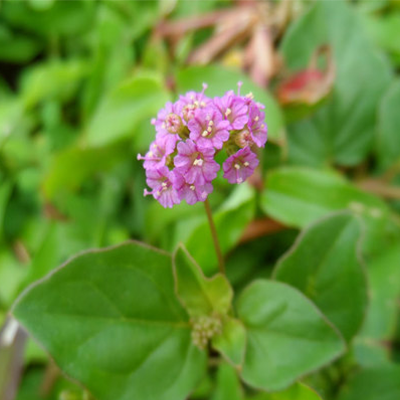
Punarnava is an excellent diuretic, anti-inflammatory and has rejuvenating properties. It helps eliminate excess fluids and this supports liver and kidney function.
Use: It is commoncorrect used in powder form or decoction form.
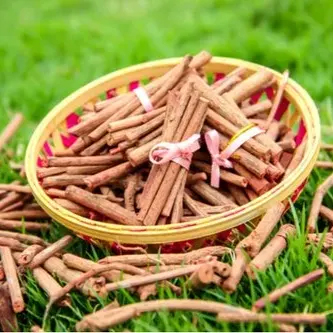
It is Blood-purifying, anti-inflammatory, antioxidant. Manjistha is known for purifying blood and may help manage amyloidosis symptoms by reducing toxicity and supporting lymphatic health.
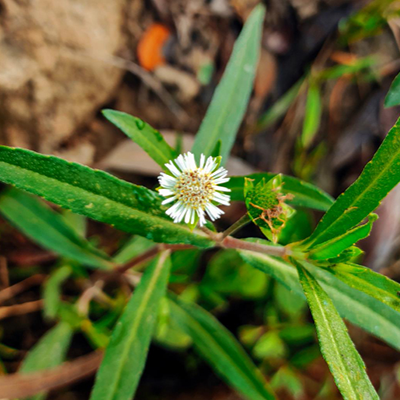
Properties: Detoxifying, rejuvenating, supports liver health.
Benefits: Known for supporting liver function, Bhringraj can help the body’s natural detoxification processes.
Use: Typically taken as a powder or in Ayurvedic formulations.
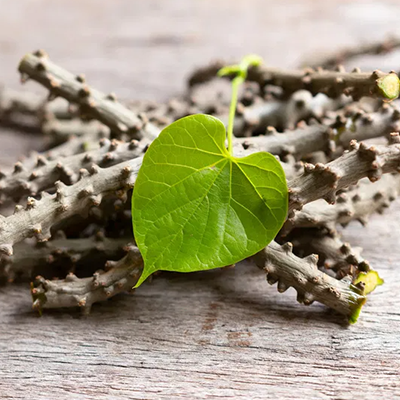
Properties: Immunomodulatory, anti-inflammatory, rejuvenating.
Benefits: Guduchi is known for enhancing immunity and detoxifying blood, which could support the body in managing amyloid deposits.
Use: Often taken as a powder, capsule, or in herbal formulations.
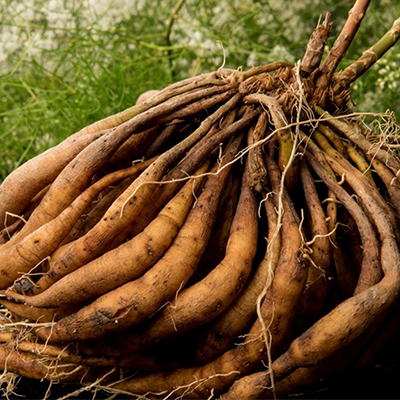
Properties: Rejuvenating, anti-inflammatory, supports immune health.
Benefits: Shatavari helps restore energy and supports overall health, which may help the body better cope with amyloidosis symptoms.
Use: Available in powder, capsule, or liquid form.
